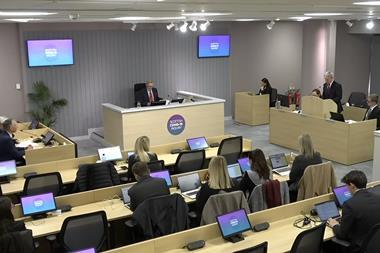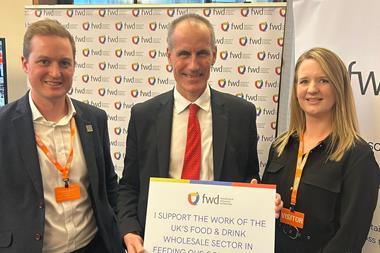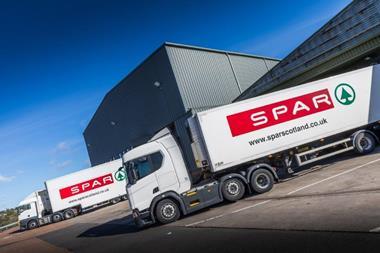Scottish wholesaler cuts food waste by over a third
By Sunneva Moore2024-10-14T13:23:00

Mark Murphy Dole has reduced its food waste by 33% following a collaborative project with the Scottish Wholesale Association and Zero Waste Scotland
ALREADY HAVE A REGISTERED USER ACCOUNT? PLEASE LOG IN HERE
To read the full story join the ConvenienceStore.co.uk community today!
Registration is quick and easy and provides access to:
- Unlimited ConvenienceStore.co.uk articles
- Our great range of newsletters
- Content you’ve saved for later via the ‘my library’ feature
And much more…
Related articles
More from News
Unlimited Access + Newsletters
Register today to gain unlimited access to articles and to receive our great range of email newsletters.































